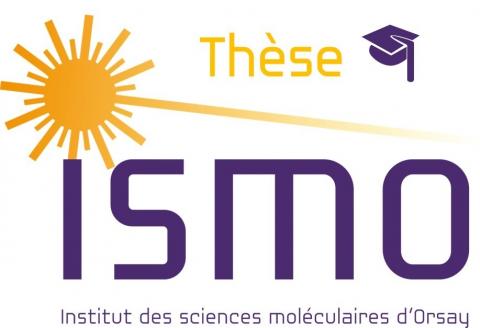
Soutenance de thèse de Sirine Amri
Soutenance de thèse de Sirine Amri
Optimized matter-wave lensing of quantum gases for precision atom sensors
Since the development of laser cooling and trapping of atoms, a multitude of cold-atom-based devices and sensors were realized. From time keeping to measurements of fundamental constants, these devices are pushing the boundaries of explored quantum phenomena.
A common technique put in practice in these experiments involves atom interferometry, where the wave nature of matter is predominant close to absolute zero temperatures. Atom interferometers reached a level of precision allowing to test fundamental principles and predictions at the heart of modern physics controversies such as Einsteins’s weak equivalence principle or the detection of gravitational waves for instance. These experiments require long interferometer durations, of the order of several seconds, and optimized matter-wave sources whose dynamics is extremely well controlled.
The requirements imposed on atom sources for interferometry experiments of high precision are indeed quite demanding. They require a controlled preparation and collimation of atomic ensembles expanding with velocities not larger than 100 micrometers per second (i.e. sub-nK equivalent expansion temperatures). In my project, quantum engineered states of Bose-Einstein condensates of alkaline atoms fulfilling these unusual requirements in temperature, and therefore in observation times, are studied theoretically.
Soutenance de thèse de Sirine Amri
Optimized matter-wave lensing of quantum gases for precision atom sensors
Since the development of laser cooling and trapping of atoms, a multitude of cold-atom-based devices and sensors were realized. From time keeping to measurements of fundamental constants, these devices are pushing the boundaries of explored quantum phenomena.
A common technique put in practice in these experiments involves atom interferometry, where the wave nature of matter is predominant close to absolute zero temperatures. Atom interferometers reached a level of precision allowing to test fundamental principles and predictions at the heart of modern physics controversies such as Einsteins’s weak equivalence principle or the detection of gravitational waves for instance. These experiments require long interferometer durations, of the order of several seconds, and optimized matter-wave sources whose dynamics is extremely well controlled.
The requirements imposed on atom sources for interferometry experiments of high precision are indeed quite demanding. They require a controlled preparation and collimation of atomic ensembles expanding with velocities not larger than 100 micrometers per second (i.e. sub-nK equivalent expansion temperatures). In my project, quantum engineered states of Bose-Einstein condensates of alkaline atoms fulfilling these unusual requirements in temperature, and therefore in observation times, are studied theoretically.
